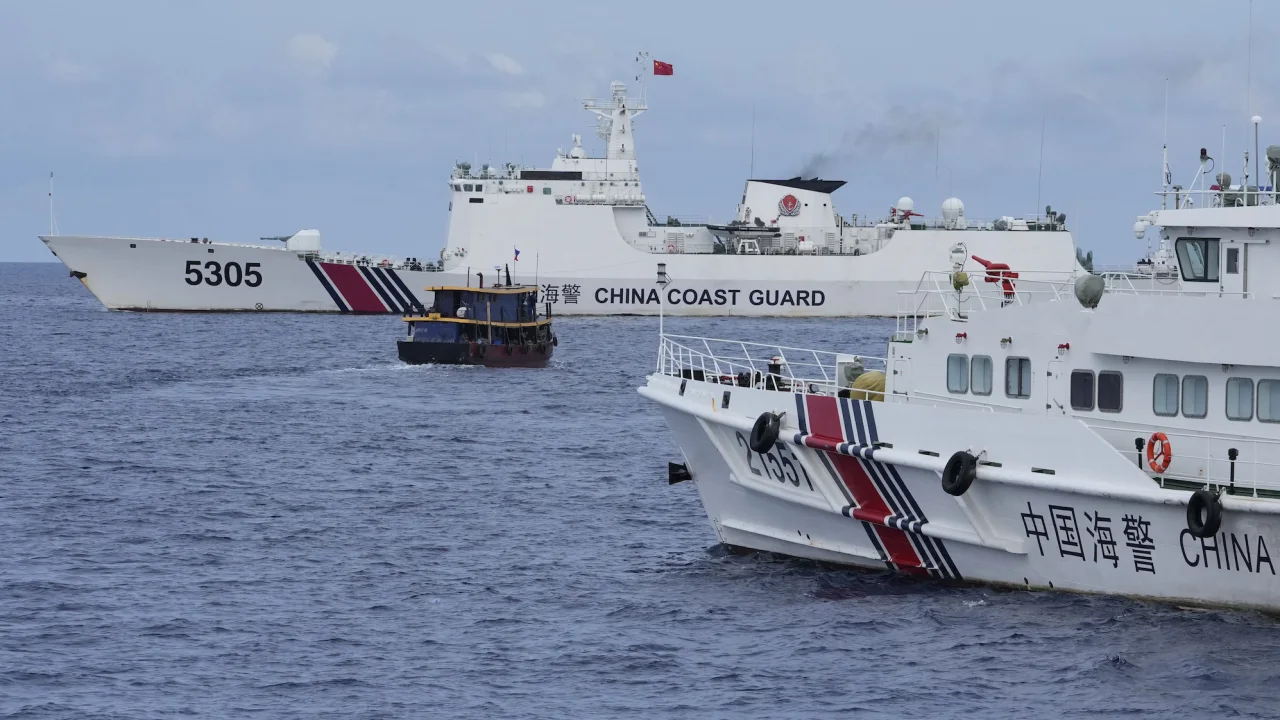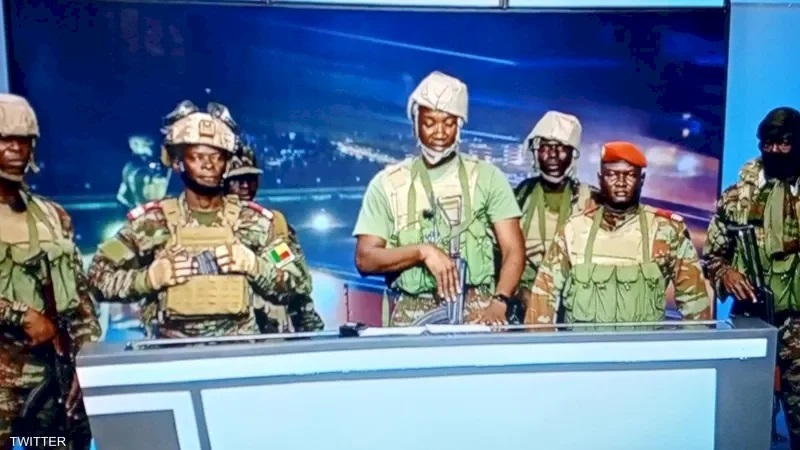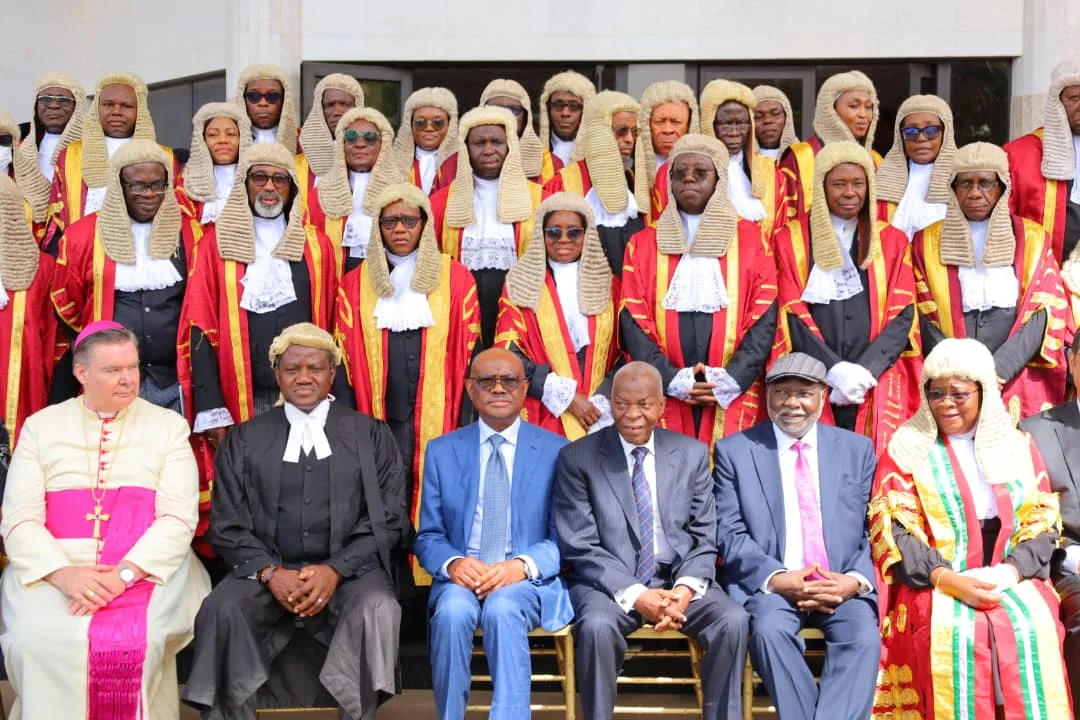Exclusive insights from Philippine Defense Secretary Gilberto Teodoro Jr. on the South China Sea tensions, the global impact, and the nation’s commitment to safeguarding its sovereignty. Explore the critical issues at stake.
In an exclusive interview with CNN, Philippine Defense Secretary Gilberto Teodoro Jr. voiced his determination to confront China’s aggressive actions in the South China Sea. He emphasized the urgency of addressing Beijing’s territorial expansion and its impact not only on the Philippines but also on the world. This article delves into the complex situation, highlighting the key issues, global implications, and the Philippines’ resolute stance.

The South China Sea Standoff: A Clear Case of Bullying Secretary Teodoro likened China’s behaviour in the South China Sea to that of a schoolyard bully. He stressed that it was not merely about stealing lunch money but an alarming encroachment on sovereignty. Recent confrontations between China and the Philippines have escalated tensions in this highly-contested region, raising concerns about a potential international incident.
The Philippines’ Fight for Survival For the Philippines, the dispute extends beyond territorial claims; it is a battle for the nation’s existence. Teodoro underscored that they are fighting for their fisherfolk, resources, and the integrity of their archipelagic state. He emphasized the importance of protecting the Philippines for future generations. The defense secretary warned that China’s expansion would continue until it controls the entire South China Sea.

China’s Assertive Claims China asserts sovereignty over nearly the entire South China Sea, a claim disputed by several nations, including the Philippines, Malaysia, Vietnam, Brunei, and Taiwan. Over the past two decades, China has occupied reefs and atolls, constructing military installations, and endangering marine biodiversity.
The Hague Tribunal’s Ruling In 2016, an international tribunal ruled in favour of the Philippines, rejecting China’s historic rights claim. However, Beijing has disregarded this ruling and continued its expansion in the region.
Global Impact: What’s at Stake The South China Sea plays a vital role in global trade, with trillions of dollars in shipping passing through annually. It is also a critical source of fishing grounds, natural gas, and oil reserves. Any disruption in the region could have far-reaching consequences for the global economy.
The Chokehold on International Trade Secretary Teodoro cautioned that a slowdown in South China Sea shipping could disrupt vital supply chains worldwide, impacting international trade and economies. Smaller nations, heavily reliant on international law for their survival, fear becoming targets of bullying if China’s actions go unchecked.
Philippines’ Shift in Strategy Under President Ferdinand “Bongbong” Marcos Jr., the Philippines has taken a firmer stance in the South China Sea. The nation has strengthened relations with the United States, identifying new military bases for American access. The US has condemned China’s actions and reaffirmed its commitment to the mutual defense treaty.

Calls for Diplomacy While concerns about escalation persist, Secretary Teodoro stressed the importance of diplomacy. He urged open, transparent, and rules-based talks, emphasizing that dialogue should not serve as a delaying tactic. Conflict is not the desired outcome; instead, the Philippines seeks to defend its ground without resorting to war.
Enhancing Defense Capabilities As part of its commitment to bolstering defense and monitoring capabilities in the South China Sea, the Philippines has ordered additional air and naval assets. This move aims to strengthen their air defense capabilities.
A Quest for Peace and Sovereignty In conclusion, the Philippines’ resolve in the South China Sea dispute reflects a commitment to safeguarding its sovereignty and the global interests at stake. While tensions persist, diplomacy remains the preferred path to resolution. The international community plays a crucial role in maintaining peace and stability in this critical region.





